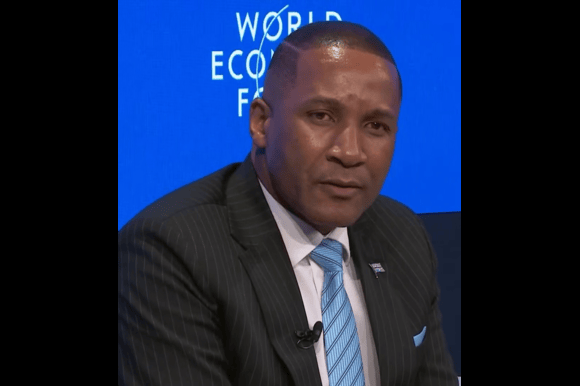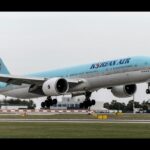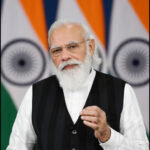Botswana has declared a national public health emergency as the country grapples with acute shortages of essential medicines and medical supplies, prompting the government to introduce military oversight in the distribution chain.
In a televised address on Monday, President Duma Boko unveiled a multimillion-dollar emergency plan designed to address the crisis, while warning citizens that managing the shortages would be “highly price sensitive due to our limited coffers.”
The southern African nation, home to 2.5 million people, has seen its economy weakened by a slump in global diamond markets, undermining revenue in one of the world’s largest diamond-producing countries. Further strain has come from cuts in US aid, leaving the nation to contend with surging unemployment and poverty levels.
“The work shall remain nonstop until the entire value chain of procurement has been fixed,” President Boko declared. He confirmed that the finance ministry had released 250m pula ($18.3m; £13.8m) in emergency funds to ease shortages.
Boko, a 55-year-old Harvard-educated lawyer, swept to power last year after his Umbrella for Democratic Change (UDC) party won a historic landslide, ending the 58-year rule of Botswana’s former governing party. Prior to taking office, he pledged to diversify an economy long dependent on diamond revenues.
Earlier this month, Botswana’s health ministry admitted that it was facing “significant challenges” and debts exceeding 1bn pula ($73.5m; £55.2m). A large portion of these liabilities was tied to patients being referred to private hospitals for specialist services unavailable in public facilities.
Health Minister Dr Stephen Modise outlined the extent of the crisis, saying shortages included drugs and equipment for cancer treatment, HIV medication, and tuberculosis management. He noted that before aid cuts imposed under US President Donald Trump, Washington had funded roughly one-third of Botswana’s HIV response, according to UNAIDS.
As a result of the growing strain, the ministry temporarily suspended referrals for elective procedures and non-urgent medical care, including organ transplants.
Despite the mounting difficulties, Dr Modise struck an optimistic tone: “I have no doubt that soon, very soon, we will overcome. This is definitely not insurmountable.”
To speed up distribution, the military has been deployed to transport supplies. According to Reuters, the first convoy of trucks left the capital, Gaborone, on Monday and was expected to deliver medicines to remote areas by nightfall.
The crisis has also drawn international concern. UNICEF urged “urgent action” to safeguard children’s health in Botswana, warning that malnutrition remains a “daily struggle” in parts of the country. Highlighting conditions in the drought-hit town of D’Kar, the agency said, “The president’s call underscores what we witness on the ground.”






